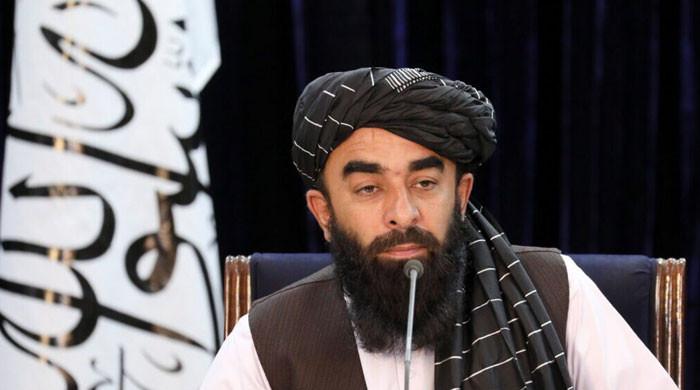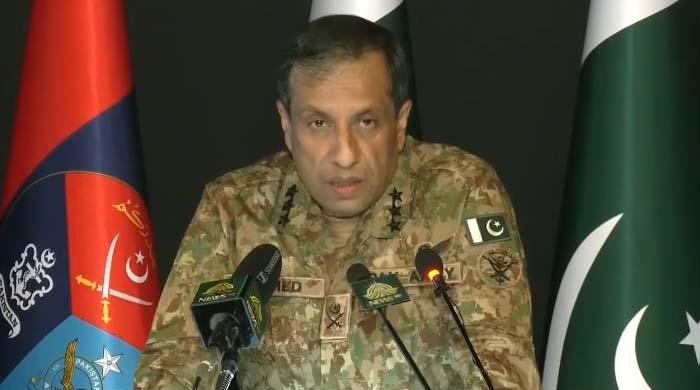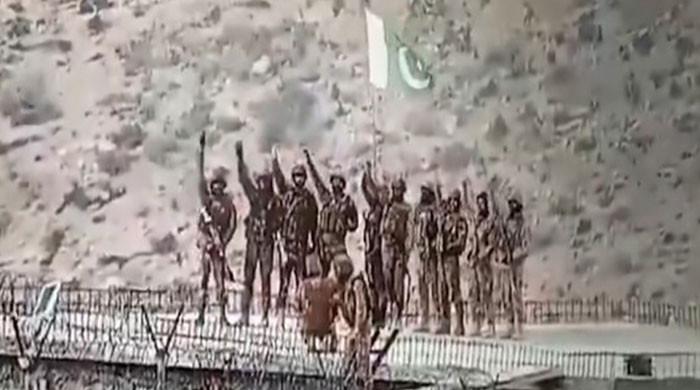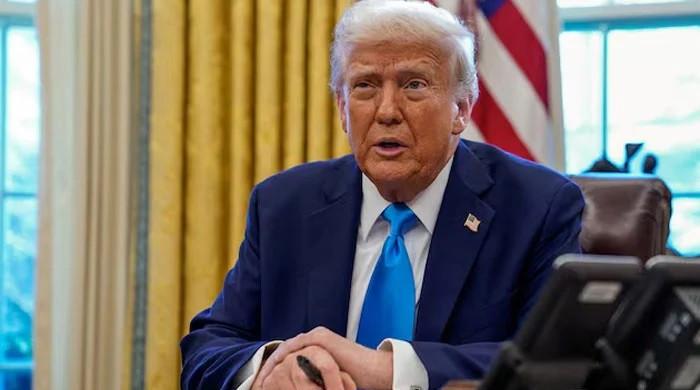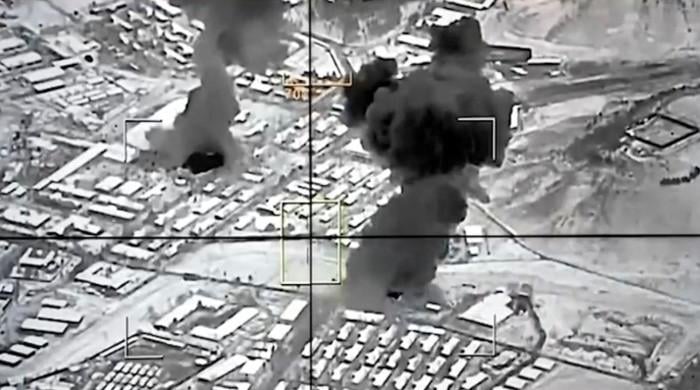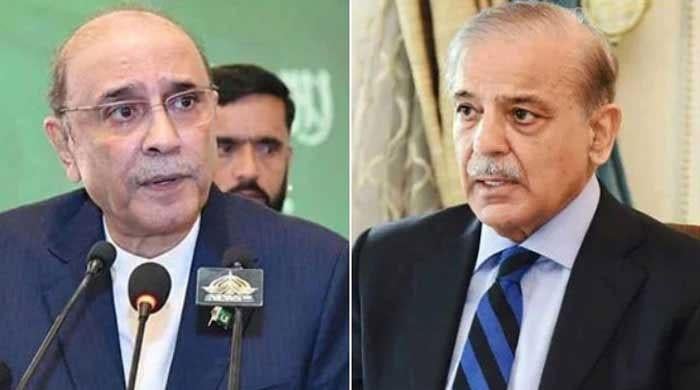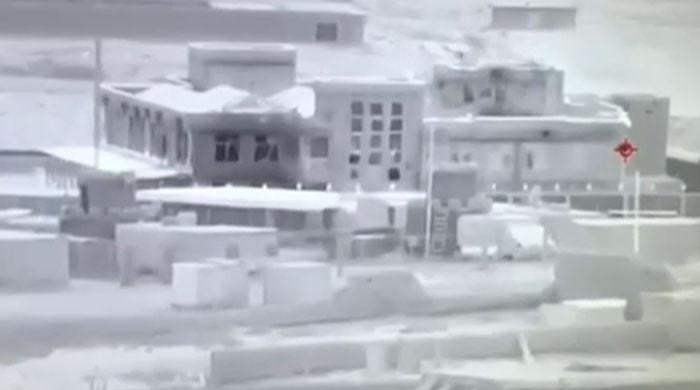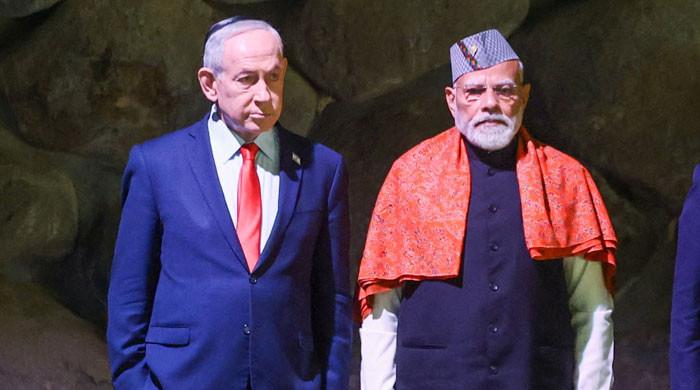Damage already done
Has the government conducted a technical assessment? If yes, why has the report still not been made public?
July 28, 2020
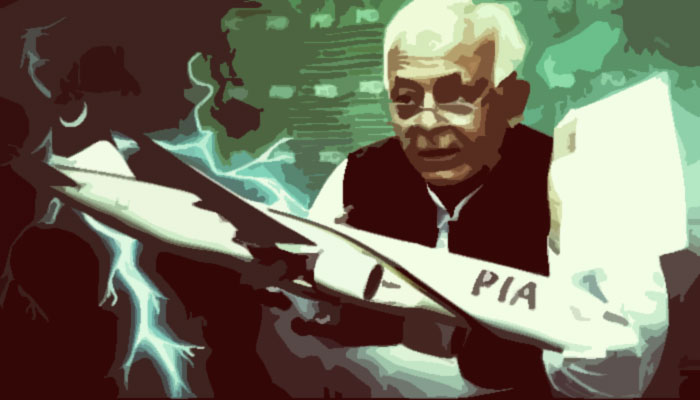
The tragedy that struck Pakistan with the fatal crash of PIA flight PK-8303 has dealt a near-death blow to the country's aviation industry after a government minister went public accusing hundreds of pilots having fake or dubious degrees.
Within weeks after the May 22 crash that took 97 innocent lives, the civil aviation minister announced in the Parliament that almost a third of the Pakistani pilots had fake licenses, claiming he had a list available to supplement the genuineness of his claims.
Ghulam Sarwar Khan, the minister, had dropped a crippling bombshell after the tragedy, saying at least 262 pilots with false credentials would immediately be grounded. And so, all attention from other aspects of the crash was diverted to the threats to life posed by those pilots.
Around a dozen countries where the PCAA-certified Pakistani pilots were working told them to stop working and ordered investigations against their academic credentials.
Read also: CJP slams CAA director general over abysmal handling of 'fake' licences issue
As the fallout began, Sarwar quickly refashioned his statement, saying an inquiry had "indicated grounds to suspect the genuineness of several pilot licences".
However, the damage had already been done.
The country's national carrier, Pakistan International Airlines (PIA), had already lost its maintenance approval from the European Aviation Safety Agency (EASA) back in March 2012 after repeated but minor accidents. Then came the International Air Transport Association's (IATA) grave concern over the controversy.
It soon became very obvious that the minister had gone beyond his scope to announce such a detrimental decision for the Pakistan Civil Aviation Authority (PCAA) — that too, without any solid evidence behind his claims.
"Such defamatory statements cannot go unaccounted for whether they are in relation to the pilots or the appointing authority,” an official who recently retired from the PCAA told me on the condition of anonymity.
"It was an error of the highest order to publicly question pilots’ authorisation without the required prerequisites in place," the official said.
Soon after Sarwar's statement, the EASA announced to suspend flights, saying the reason was based on the minister's own statement regarding "fake licences" that "that Pakistan, as the state of the operator is currently not capable to certify and oversee its operators and aircraft in accordance with applicable international standards".
Clearly as a consequence of the minister’s 'indictment', the PIA's flights were barred from the entire European Union (EU), as well as the United Kingdom and the United States.
Fake licences of Pakistani pilots most extraordinary story in aviation: CNN
The damage may be irreparable in the short run as the PIA and Pakistani pilots had been greatly defamed without adequate evidence.
However, multiple reputable sources have repeatedly claimed that the list proudly boasted by Sarwar is a "sham". Moreover, experts who have seen the purported list say they found multiple inconsistencies in it.
The list initially comprised 262 pilots accused of carrying "fake" or "suspected" licenses but the number was reduced almost 50% when, in a turn of events, the minister himself announced it was 141 and not 262 pilots, as per media reports.
However so far, around a hundred pilot licences have been suspended or cancelled by the CAA as the aviation minister is standing by his list.
"The instability in the list creates ground for the government to determine the credentials of the author of this list, highlighting the proximity with the aviation sector, if any, at all,” the retired PCAA official said.
A former pilot, on the other hand, insisted "there are names in the list that have not even attempted the examinations to obtain the licenses yet".
Even more so, "there are several names that have led to the grounding of two pilots in place of one over a mismatch of their numbers, surnames, etc.”
In addition to this, it was also noted that PCAA, as well as the Pakistan Airline Pilots’ Association (PALPA), have no role to play in individual pilot examinations.
Initially, there were 9 to 12 pilots who were issued individual show-cause notices by the PCAA for allegedly obtaining their licenses through dubious means. This indefinitely raises the question: Wasn’t the PCAA the license grantor in the first place? The system may be flawed but should the system not be rectified first instead of announcing it internationally without regard to the repercussions?
The disastrous list went on to declare the pilots' licenses fake notwithstanding the number of men in uniform named in it and further damaging Pakistan’s international image.
Pilots go through rigorous training; they undertake various simulators throughout their profession, locally and internationally, are subjected to regular medical examinations on which their licences are dependent, and have to complete a certain number of hours before they are allowed to fly commercial flights.
If there were glitches or technological errors in the system, has the government conducted a technical assessment and report? If yes, why is still not brought on public record?
Annex 13 of the International Civil Aviation Organization (ICAO) provides a standard for accidents and incidents that may occur, as well as procedures, techniques, and checklists to assist states in their respective investigations. It is further imperative that crash investigations are conducted with clarity, without blame game, are concise, and address the issue in point.
Currently, in Pakistan, no one is assuming responsibility for this huge international loss of credibility. The Aviation Division, set up in 2013, replaced the main functions of the Ministry of Defence, which raised the issue of the fake licenses.
And while it may seem as if they did a credible job at a first glance, it makes one realise how improper the investigation and inquiry was throughout to cause such extensive damage to Pakistan’s image, along with the national exchequer, through their recklessness.
The PALPA welcomed actions to promote accountability and ensure the general public's safety with regard to the bogus-degree claims but, in turn, demanded this criterion for accountability be applied to management positions through external and internal resources.
The accountability process should be thorough as some officers have irrelevant degrees with no experience in commercial aviation.
The PALPA has also demanded that scrutiny must also be of those who joined the PCAA either on rotation, deputation or through the lateral entry and are now on key management posts — irrespective of whether they are in uniform or civilians.
The PCAA must guarantee transparency in the procedure to revive its credibility.
Prime Minister Imran Khan needs to step in to ensure the damage caused by his minister’s statement is handled tactfully and steps are taken to curb the consequences. These include ordering a foolproof inquiry, leading to corrective measures in order to restore trust in the country’s aviation system.
Perhaps, it will be useful to organise a conference of all relevant quarters so that experts help devise an appropriate plan of action to achieve a goal of great national importance.
—The author holds a Law degree and is currently pursuing Masters in Medical Law from Kings College London, UK




